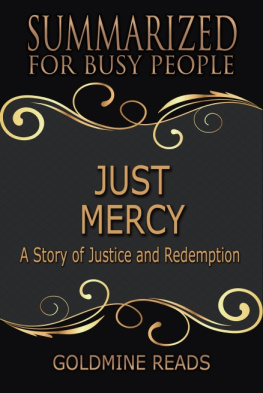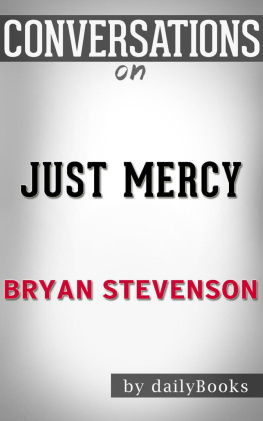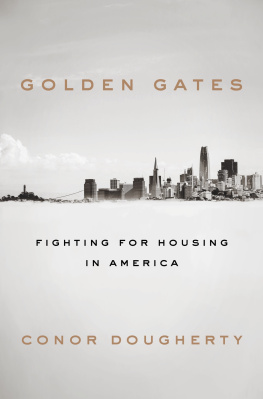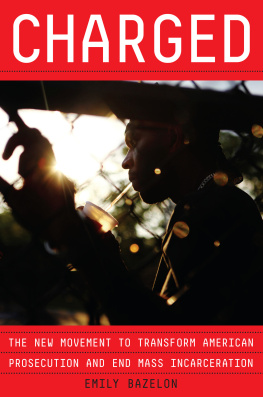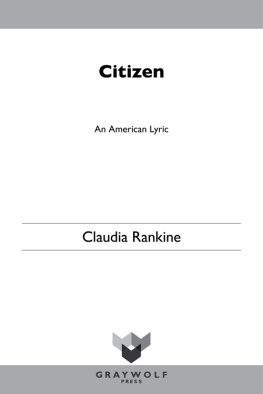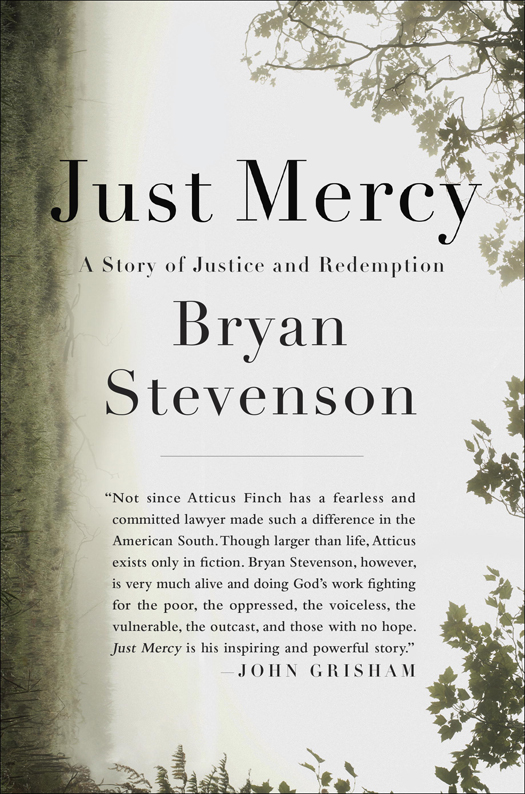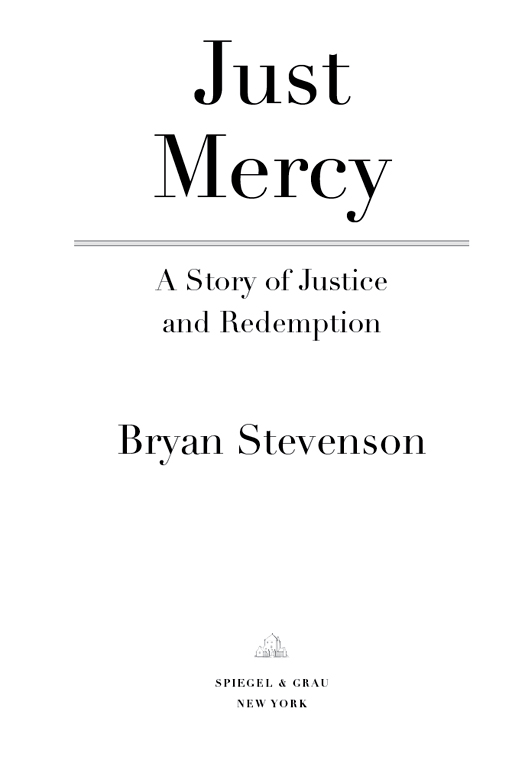Bryan Stevenson - Just Mercy: A Story of Justice and Redemption
Here you can read online Bryan Stevenson - Just Mercy: A Story of Justice and Redemption full text of the book (entire story) in english for free. Download pdf and epub, get meaning, cover and reviews about this ebook. year: 2014, publisher: Spiegel & Grau, genre: Detective and thriller. Description of the work, (preface) as well as reviews are available. Best literature library LitArk.com created for fans of good reading and offers a wide selection of genres:
Romance novel
Science fiction
Adventure
Detective
Science
History
Home and family
Prose
Art
Politics
Computer
Non-fiction
Religion
Business
Children
Humor
Choose a favorite category and find really read worthwhile books. Enjoy immersion in the world of imagination, feel the emotions of the characters or learn something new for yourself, make an fascinating discovery.

- Book:Just Mercy: A Story of Justice and Redemption
- Author:
- Publisher:Spiegel & Grau
- Genre:
- Year:2014
- Rating:5 / 5
- Favourites:Add to favourites
- Your mark:
Just Mercy: A Story of Justice and Redemption: summary, description and annotation
We offer to read an annotation, description, summary or preface (depends on what the author of the book "Just Mercy: A Story of Justice and Redemption" wrote himself). If you haven't found the necessary information about the book — write in the comments, we will try to find it.
Winner of the Carnegie Medal for Nonfiction | Winner of the NAACP Image Award for Nonfiction | Winner of a Books for a Better Life Award | Finalist for the Los Angeles Book Prize | Finalist for the Kirkus Reviews Prize | An American Library Association Notable Book
A powerful true story about the potential for mercy to redeem us, and a clarion call to fix our broken system of justicefrom one of the most brilliant and influential lawyers of our time
Bryan Stevenson was a young lawyer when he founded the Equal Justice Initiative, a legal practice dedicated to defending those most desperate and in need: the poor, the wrongly condemned, and women and children trapped in the farthest reaches of our criminal justice system. One of his first cases was that of Walter McMillian, a young man who was sentenced to die for a notorious murder he insisted he didnt commit. The case drew Bryan into a tangle of conspiracy, political machination, and legal brinksmanshipand transformed his understanding of mercy and justice forever.
Just Mercy is at once an unforgettable account of an idealistic, gifted young lawyers coming of age, a moving window into the lives of those he has defended, and an inspiring argument for compassion in the pursuit of true justice.
Praise for Just Mercy
Every bit as moving as To Kill a Mockingbird, and in some ways more so . . . a searing indictment of American criminal justice and a stirring testament to the salvation that fighting for the vulnerable sometimes yields.David Cole, The New York Review of Books
Searing, moving . . . Bryan Stevenson may, indeed, be Americas Mandela.Nicholas Kristof, The New York Times
You dont have to read too long to start cheering for this man. . . . The message of this book . . . is that evil can be overcome, a difference can be made. Just Mercy will make you upset and it will make you hopeful.Ted Conover, The New York Times Book Review
Inspiring . . . a work of style, substance and clarity . . . Stevenson is not only a great lawyer, hes also a gifted writer and storyteller.The Washington Post
As deeply moving, poignant and powerful a book as has been, and maybe ever can be, written about the death penalty.The Financial Times
Brilliant.The Philadelphia Inquirer
Not since Atticus Finch has a fearless and committed lawyer made such a difference in the American South. Though larger than life, Atticus exists only in fiction. Bryan Stevenson, however, is very much alive and doing Gods work fighting for the poor, the oppressed, the voiceless, the vulnerable, the outcast, and those with no hope. Just Mercy is his inspiring and powerful story.John Grisham
Bryan Stevenson is one of my personal heroes, perhaps the most inspiring and influential crusader for justice alive today, and Just Mercy is extraordinary. The stories told within these pages hold the potential to transform what we think we mean when we talk about justice.Michelle Alexander, author of The New Jim Crow
Bryan Stevenson: author's other books
Who wrote Just Mercy: A Story of Justice and Redemption? Find out the surname, the name of the author of the book and a list of all author's works by series.

